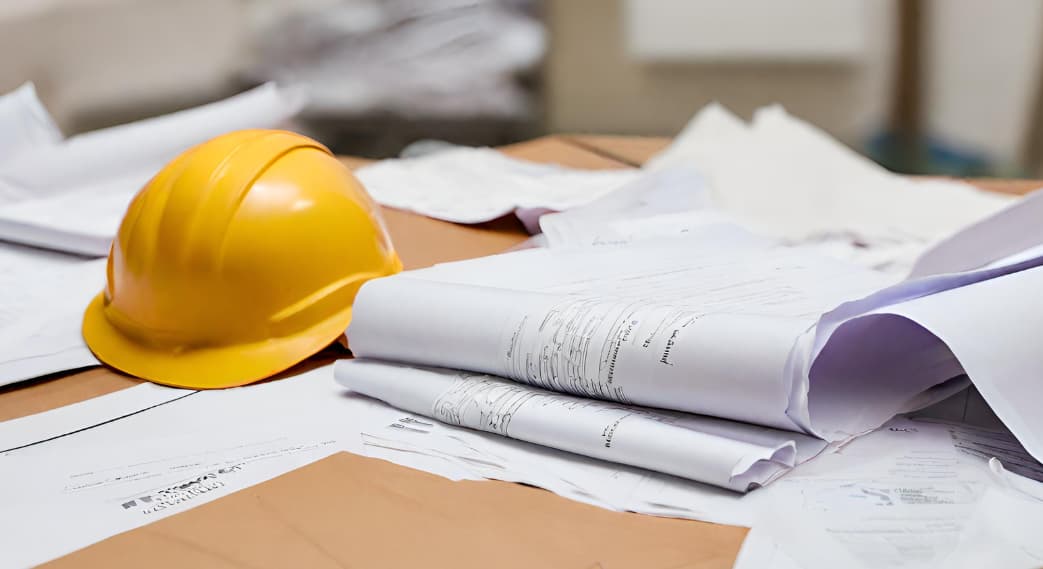The Economics of Construction Accidents: Costs, Insurance, and Prevention

In the world of construction, accidents can have far-reaching economic consequences that extend well beyond the initial incident. The financial impact of construction accidents affects not only individual companies but also the construction industry as a whole. We delve into the significant financial implications of construction accidents, the role of insurance, and cost-effective strategies to prevent them, all while highlighting the crucial role of construction accident attorneys NY
The High Costs of Construction Accidents
Construction accidents come with a hefty price tag. The costs associated with these accidents can be divided into two categories:
Direct Costs
Medical Expenses: Immediate medical attention and ongoing healthcare costs for injured workers.
Property Damage: Damage to equipment, machinery, and the construction site itself.
Workers’ Compensation: Financial support for injured workers, including lost wages.
Indirect Costs
Project Delays: Construction accidents can disrupt project schedules, resulting in costly delays.
Legal Fees: Legal proceedings and settlements can lead to substantial legal fees.
Reputation Damage: Accidents can tarnish a construction company’s reputation, potentially affecting future projects.
Insurance in the Construction Industry
Insurance plays a vital role in managing the financial risks associated with construction accidents. Key types of insurance in the construction industry include:
General Liability Insurance: Provides coverage for bodily injury and property damage claims.
Workers’ Compensation Insurance: Offers financial support to workers injured on the job.
Builder’s Risk Insurance: Protects against property damage and material losses during construction.
Insurance helps mitigate the financial impact of accidents, but it’s not a panacea.
The Impact on Project Budgets
Construction accidents can have a domino effect on project budgets. When accidents occur, project timelines are disrupted, leading to:
Additional Labor Costs: Overtime and additional labor may be required to make up for lost time.
Extended Equipment Rentals: Delays often mean extended rental periods for construction equipment.
Contractual Penalties: Projects delayed by accidents may incur contractual penalties.
Workers’ Compensation and Employee Well-being
Workers’ compensation insurance is a lifeline for injured construction workers. It provides financial support for medical bills, rehabilitation, and lost wages. Prioritizing workers’ compensation is not only a legal requirement but also a moral imperative to ensure employees’ well-being.
The Cost of Non-Compliance
Non-compliance with safety regulations can be costly. Construction companies that disregard safety standards may face:
Penalties: Fines and penalties for non-compliance with safety regulations.
Legal Expenses: Costs associated with defending against legal actions resulting from non-compliance.
Reputation Damage: A tarnished reputation can affect future contracts and partnerships.
Preventing Construction Accidents: Cost-Effective Strategies
Preventing construction accidents is not just about safety; it’s also about cost-effectiveness. Construction companies can adopt various strategies to reduce the risk of accidents, including:
Safety Training: Comprehensive safety training programs for employees.
Hazard Identification: Regular hazard assessments to identify and mitigate risks.
Technology Integration: The use of technology like wearables and monitoring systems to enhance safety.
Return on Investment (ROI) in Safety Measures
Investing in safety measures yields a significant ROI. Companies that prioritize safety often benefit from:
Reduced Accidents: Fewer accidents mean lower direct and indirect costs.
Lower Insurance Premiums: A good safety record can lead to reduced insurance premiums.
Increased Productivity: Safer workplaces often lead to higher worker morale and productivity.
The Role of Insurance Premiums
A company’s safety record can directly impact insurance premiums. Construction companies that demonstrate a commitment to safety may enjoy lower insurance costs, providing a financial incentive to prioritize safety.
Government Incentives and Regulations
Government incentives and regulations are designed to promote construction site safety. Compliance with these regulations not only ensures legal adherence but can also lead to financial benefits, such as reduced liability.
The Human Factor: Worker Morale and Productivity
Beyond direct costs, the human factor is essential. Construction accidents can negatively affect worker morale and productivity, contributing to indirect costs. A safe working environment promotes employee well-being and motivation.
Conclusion
In conclusion, understanding “The Economics of Construction Accidents” is crucial for the construction industry. Construction companies that prioritize safety not only protect their workers but also safeguard their bottom line. While insurance is a vital safety net, a proactive approach to safety measures, guided by construction accident attorneys, can help reduce costs, enhance project success, and create a safer, more economically viable construction industry.


